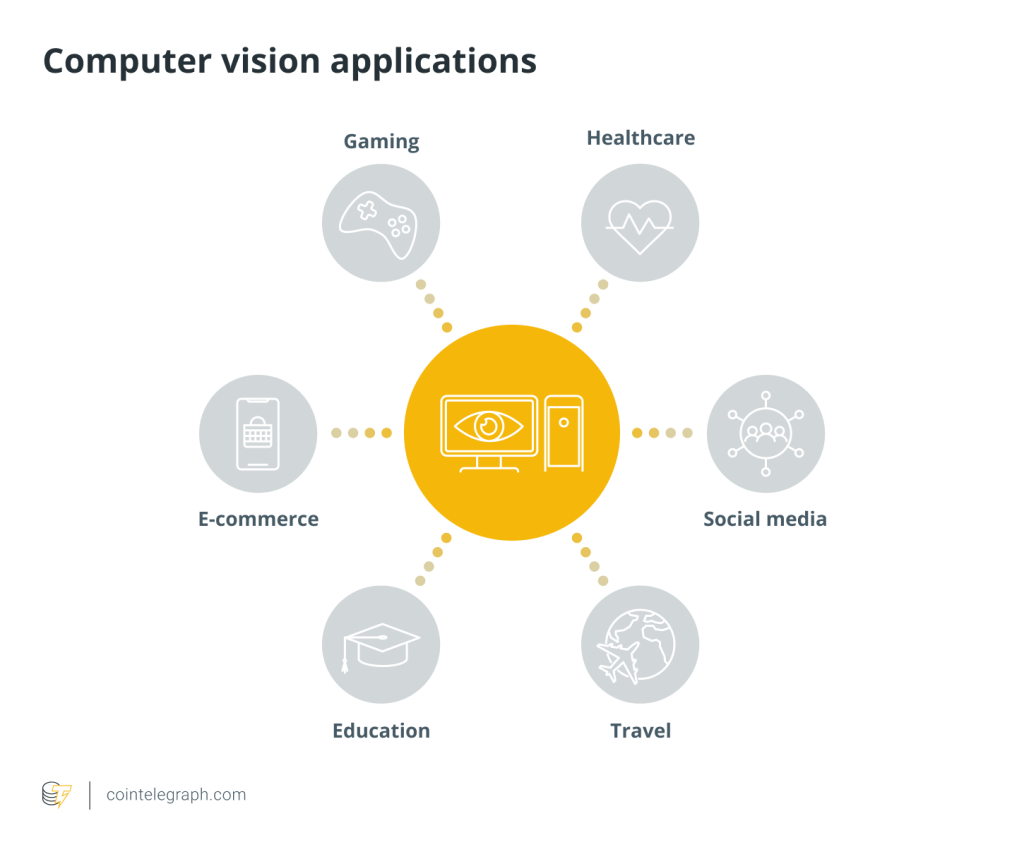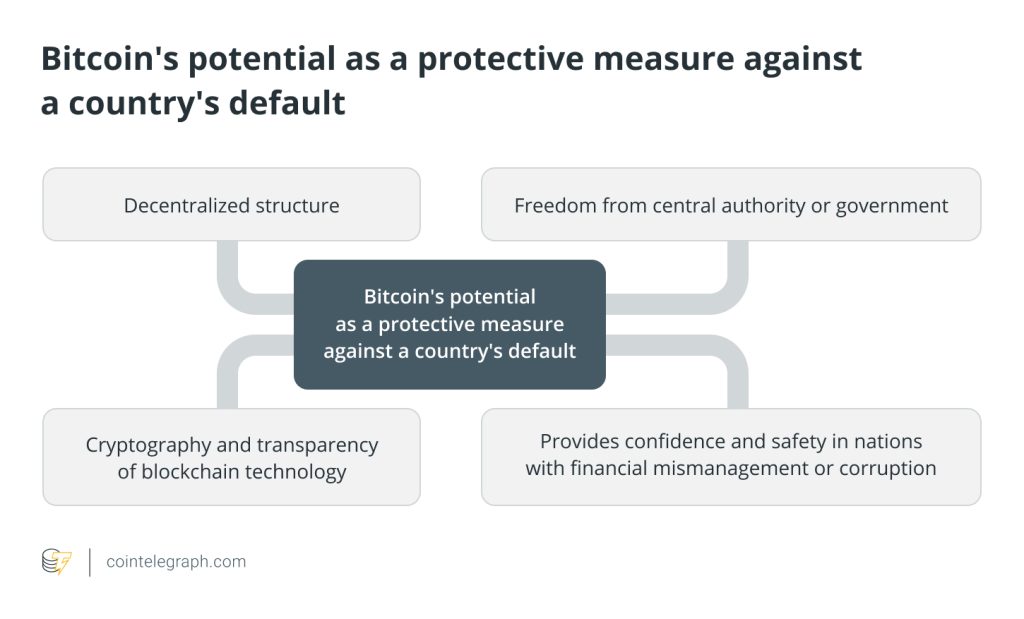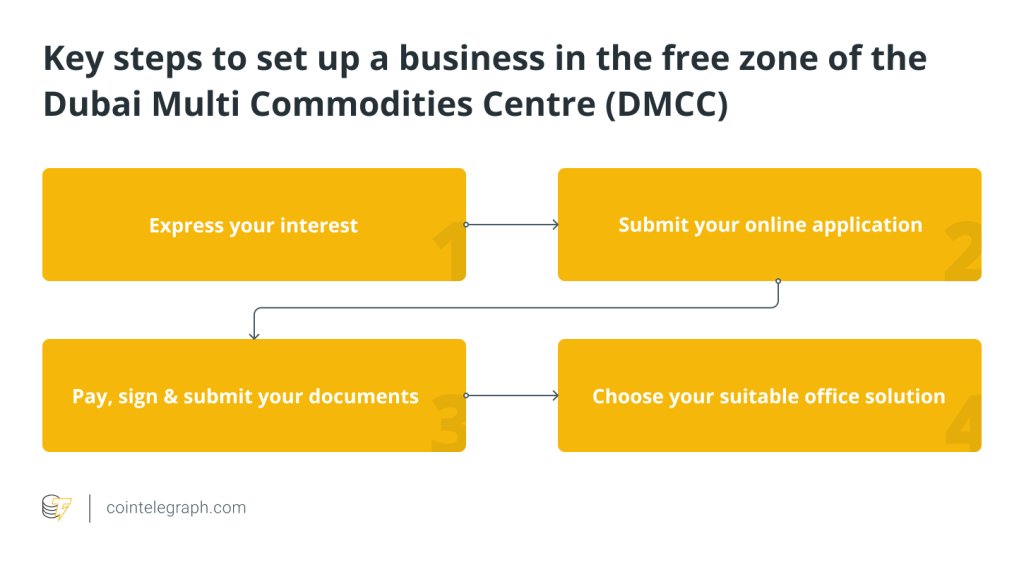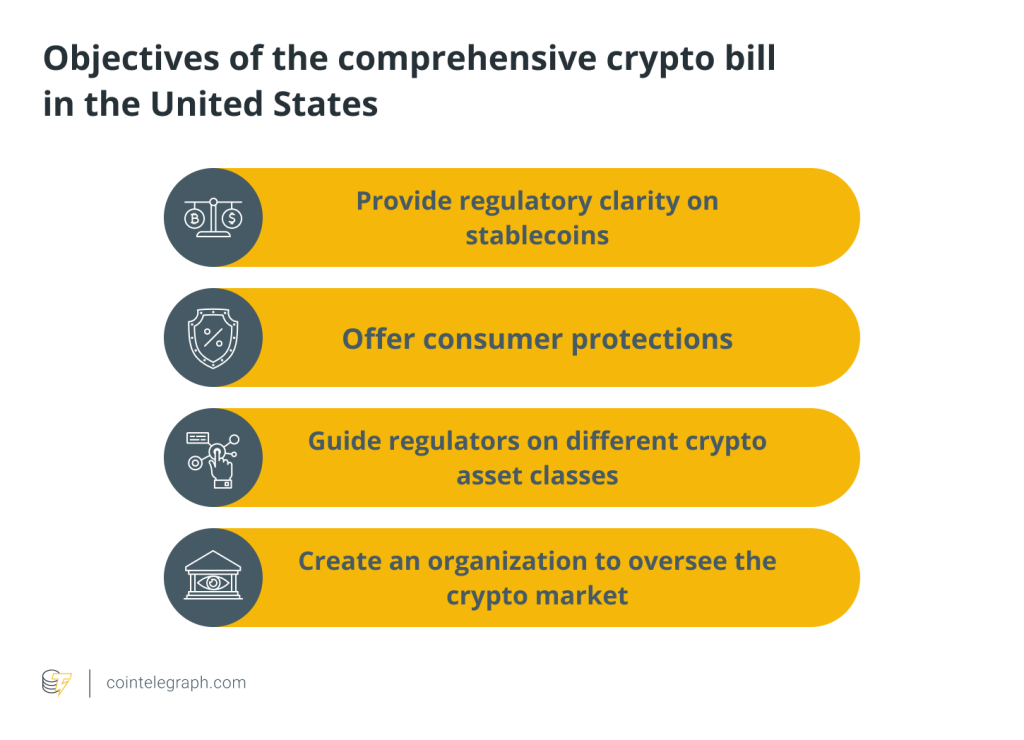Latvia’s economic shift: Minister of Economics on crypto law and blockchain innovations

Latvia’s minister of economics, Viktors Valainis, shared insights on the country’s vision for a tech-driven future and new crypto laws and blockchain initiatives aimed at transforming its economy.

In a northern corner of Europe, nestled between the shores of the Baltic Sea and the borderlands of Russia, lies Latvia, a nation of only 1.8 million inhabitants.
While the country may be relatively small, it is beginning to make big moves to cement its position as a leader in digital innovation in Europe.
In June, regulators in the country pushed forward its “Crypto Asset Services Law,” which aims to offer a clear regulatory framework to foster growth and attract investment and supports the country’s ambitious plans to become a hub for blockchain and cryptocurrency enterprises.
The minister of economics, Viktors Valainis, spoke with Cointelegraph for an in-depth look at the law’s anticipated impact and outlined Latvia’s strategic vision for leveraging blockchain technology to drive its economic transformation.
Legal clarity and economic boost
Valainis emphasized that the new law provides essential legal clarity for the industry, which will be “crucial for making informed investment decisions,” he stated.
The minister is optimistic that this clarity will stimulate economic activity by up to 25%, according to his estimates. Most notably, it could increase the labor force in the fintech sector, which currently employs around 400 individuals across 70–90 companies.
Related: The state of crypto in Northern Europe: Hostile Scandinavia and vibrant Baltics
Addressing the challenge of balancing regulatory oversight with fostering innovation, Valainis pointed to Latvia’s proactive stance.
“We are committed to a business-friendly environment. Our regulation, in cooperation with the Bank of Latvia and the State Revenue Service, aims to protect consumer rights while meeting market needs.”
Latvia also plans to enable tax payments and company equity contributions with crypto assets, enhancing the ease of doing business.
Strategic partnerships and innovation
The country has been working from the inside out on changing its reputation with crypto.
In August 2023, the central bank released a survey that revealed crypto asset investment in Latvia declined by 50% over the past year.
According to that survey, the decline in interest in crypto was linked to known instances of fraud and insolvency among major market participants, as well as “unwise” investments, crypto’s links to money laundering and “the increasing link of crypto-asset companies to the supervised financial sector participants.”
However, in an effort to reverse this sentiment and increase market participation and growth, the Bank of Latvia began offering assistance to fintech projects through its “Innovation Hub.”
Valainis also noted a recent strategic partnership between the Latvian Blockchain Association and Magnetiq Bank.
“This collaboration signals that Latvia is open to high-tech investments and innovation. It will enhance financial services flexibility and boost the cryptocurrency industry’s activity.”
The partnership aims to foster trust and innovation in the blockchain ecosystem, potentially leading to the development of innovative payment solutions and the growth of startups and the e-commerce industry.
Latvia Web3 hub
Minister Valainis detailed several initiatives to attract Web3 businesses, including substantial financial support for digitalization and innovation.
“We aim to double our economy over the next decade, reaching 83 billion euros in GDP by 2035. Smart technologies are a priority, with 183 million euros allocated for digitalization and 210 million euros for innovation,” he shared.
Valainis said that he sees blockchain technology as a catalyst for Latvia’s economic growth.
“Blockchain can significantly enhance sectors like financial services, public administration, supply chain, healthcare and real estate.”
By improving efficiency, transparency and innovation, he pointed to blockchain adoption attracting investments and creating high-skilled jobs, particularly in fintech, where “new financial products and services could emerge.”
At the moment, Latvia’s Ministry of Economics is focusing on several key projects, including enabling tax payments and sharing capital contributions with crypto assets.
Additionally, Valainis announced plans for a National Artificial Intelligence Center, emphasizing its importance for national security and the knowledge economy.
“This center will be a collaborative effort of Riga Technical University, the University of Latvia and Riga Stradins University, aiming to advance AI competencies and applications,” he noted.
As the world is on track to undergo rapid digitalization, Latvia is continuing to position itself as a forward-thinking nation, ready to embrace digital transformation and innovation.
Magazine: Saudi Arabia’s Riyadh may be crypto’s sleeping giant: Crypto City Guide






Responses